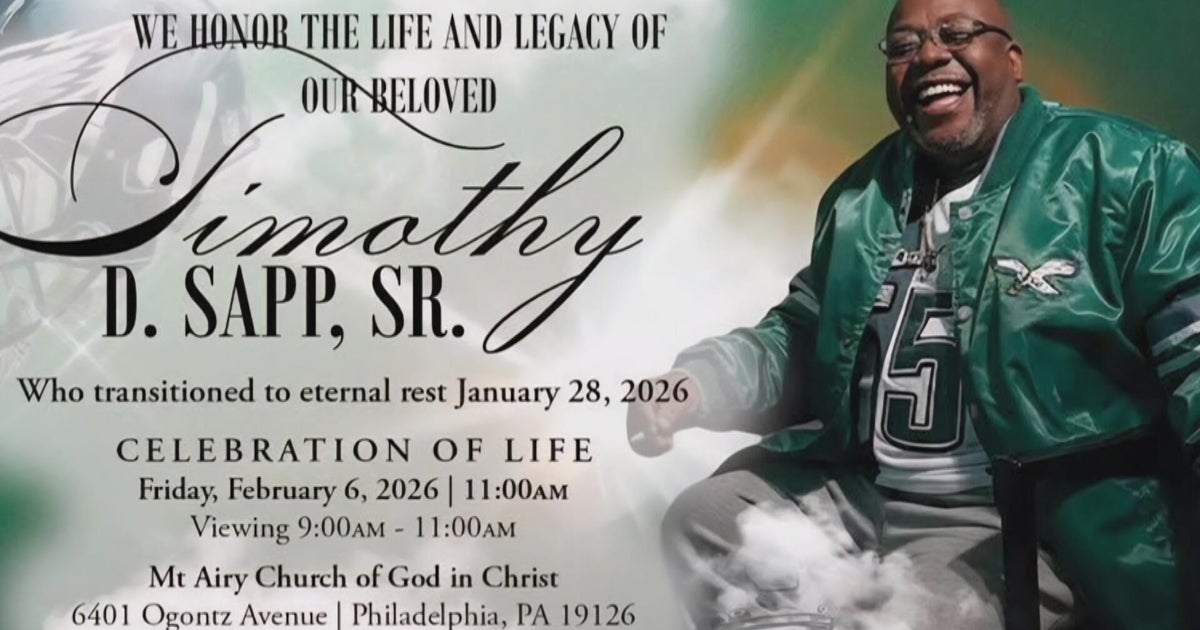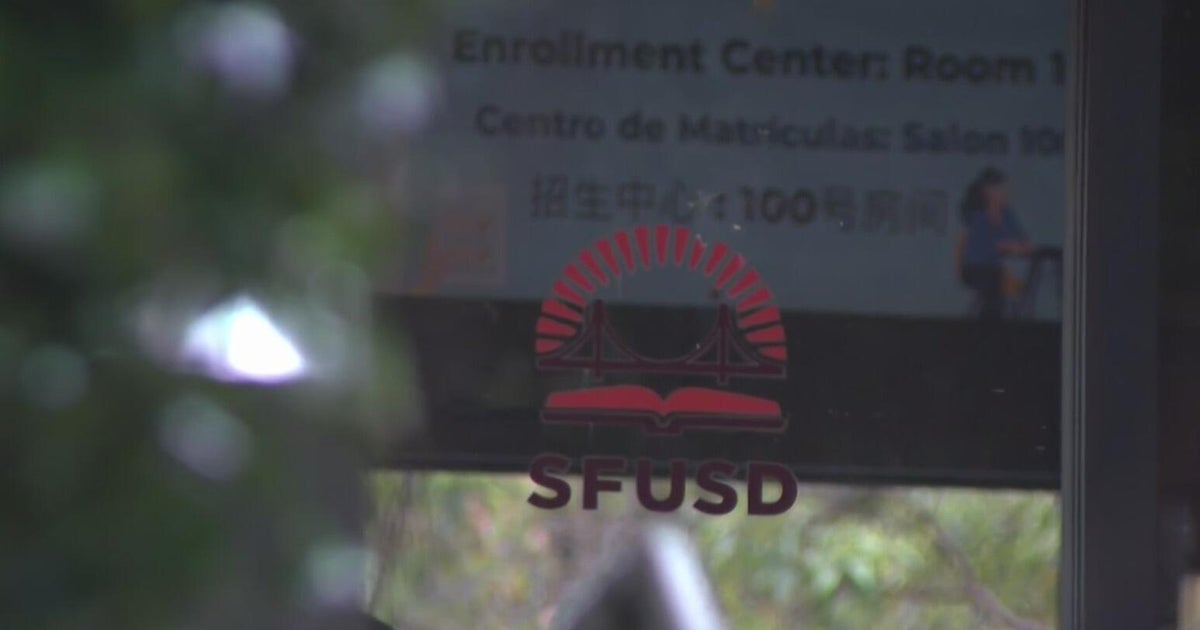Some Lawmakers Join State Workers Demanding Raises
SPRINGFIELD, Ill. (CBS) -- Thousands of state workers are still fighting for the pay raises the governor canceled this summer, and some lawmakers are now joining the fight.
Thirty-five lawmakers, including senators and representatives of both parties, sent a letter to the governor's office uring him to make good on the union contracts he violated.
LISTEN: WBBM Newsradio's Alex Degman reports
Podcast
State Sen. John O. Jones (R-Mount Vernon) admits there is not much sympathy for state workers when everyone is suffering, but a contract is legally binding.
"Maybe this contract shouldn't have been done to start with, but that's a different story," he said. "This contract was done. Everybody that I've talked to in my district totally agrees with me once I explain to them that hey, this is a written, binding contract."
Thousands of state workers were set to receive incremental raises this fiscal year -- starting July 1, 2011 -- which would have cost the state about $75 million. Gov. Pat Quinn last summer abruptly canceled the raises, claiming lawmakers didn't give him enough money to pay for them.
"This is an attempt to collect a debt. On behalf of 30,000 Illinois state employees who care for the most vulnerable, keep prisons safe and much more, we are seeking to uphold and enforce our legally binding collective bargaining agreement with the State of Illinois and you, Gov. Quinn. You say you 'believe in the right of working people to organize' and that unions exist to 'make sure people get a decent wage.' Yet you have failed to comply with our union contract and the law with respect to the pay schedule of the men and women who do the real work of state government. Instead you have chosen to provoke a costly court battle. Please immediately remit the amount you owe in full."
Now, state Sen. Mike Jacobs (D-East Moline) says there is no point in having a contract if it's going to be broken.
"You have to honor the contract," he said. "The contract was signed and agreed upon by both parties. You can't change the contract in midstream. If you do, then who can trust the state of Illinois?"
The governor's office says the current situation is being considered as part of negotiations for next year's contract. But Jacobs questions how anyone can negotiate a new contract in good faith, when the last one was broken.







